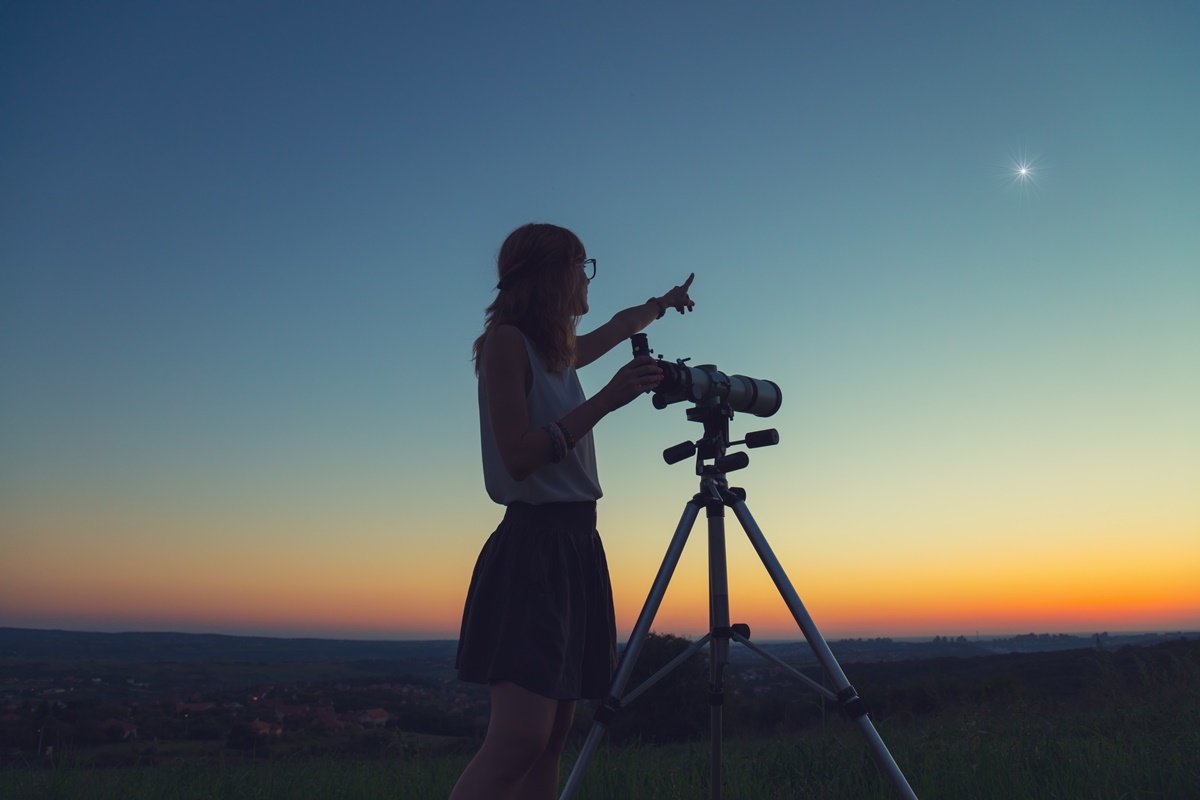The year 2023 marked a turning point for the female presence in Brazilian science. For the first time, we have a woman in the position of Minister of Science, Technology and Innovation. From Pernambuco Luciana Santos. With an extensive acting background in politics, Santos has been a federal and state lawmaker, two-term mayor of Olinda (PE) and deputy governor of Pernambuco – the minister is also an electrical engineer.
The Ministry of Health, another department with a very close relationship with science, is now headed by a woman for the first time, social scientist Nísia Trindade Lima. Prior to taking office, Lima was president of the Oswaldo Cruz Foundation (Fiocruz).
In Brazil, women are in the majority in postgraduate courses, responsible for a large part of the national scientific production.
In recent years, scientists have emerged who provide an additional service to society through social networks, disseminating quality news and information on various fields of research. We’ve selected 5 profiles here for you to follow on March 8 and keep up to date with what’s going on in the national scientific community. See the list below.
Mellanie Fontes-Dutra
Biomedical, neuroscientist, researcher and professor Fontes-Dutra produces content in a didactic language on some of the most disturbing topics in the society recently, such as the emergence of new diseases and new viruses.
For incoming: Hello! I’m Mel, with pleasure! I post scientific here on twitter, instagram (even @ here) and tiktok (mellciencia) and all my content is very organized here ??https://t.co/lJ1Z4pZmES
My past in the next tweet ??
— Mellanie Fontes-Dutra, PhD (@mellziland) July 7, 2021
Natalia Pasternak
Microbiologist Natalia Pasternak is another important profile for those who want to stay up to date with what’s going on in science. The researcher and professor had an important role during the coronavirus pandemic, using his voice to disseminate the most accurate information available. Pasternak is a professor at Columbia University (United States) and FGV, and president of the Instituto Questão de Ciência (IQC). She was on the BBC’s list of the world’s most influential women in 2021.
Here Technology WorldPasternak has already given an interview to talk about the risks of pseudoscience in health.
I promised a longer and more detailed article on zombie mushrooms, so here it is! Some teasers: Did you know that in addition to the ant mushroom, there is a cicada mushroom that is the true version of “cair o cy da ass”?
— Natalia Pasternak, PhD ?? (@TaschnerNatalia) January 26, 2023
Gabriela Bailas
With a PhD in Theoretical Physics and a specialization in neuroscience and behavior, Gabriela Bailas uses social networks to dispel myths and debunk fake science and health news. Here Technology WorldHe also spoke of the dangers of pseudoscience.
Many people asked for the explanation of the lawyer’s case, who was shot in MR, and brought it here. I also explain how MR scanning works: https://t.co/d9vjxXgaDL
— Gabriela Bailas, PhD ????????? (@bibibailas) February 15, 2023
Roberta Duarte
Roberta Duarte, a PhD student in physics and astrophysics, produces some of the most interesting threads on Twitter today. Do you like to read about planets, galaxies and black holes? Then this profile is for you. Duarte also joined the podcast. Technology WorldTecInverso talks about astronomy and what it’s like to do scientific research in Brazil.
The black hole in the center of our galaxy will be active “soon”!
Will our lazy black hole finally eat?
So what happens when you eat that food?
Follow our lazy series ?? pic.twitter.com/ohT1lKvF5Y
– Roberta Duarte (@import_robs) March 5, 2023
Mirian Castejon
Astrophysics doctoral student Mirian Castejon is spreading science on social networks and is supervising astronomy at Planetário Ibirapuera in São Paulo and presenting some of the coolest sessions out there. She also participated in a video by she. Technology World It explains in a very didactic way what the magnificent James Webb Space Telescope is and how it works.
Hello! I’m Miriam! I am astronomy supervisor at Ibirapuera Planetarium and share science on the channel. @astrotubers
I also study galaxy groups and clusters using gravitational lensing. @AstroUSP #GirlsAndWomenNaScience @BlogsUnicamp pic.twitter.com/CJx9p32Cw1
— Mirian Castejon?? (@MirianCastejon) 11 February 2023
These are just some of the most active scientists we have in the country. we do Technology World We strongly recommend that you follow and follow the publications of these and other researchers who share valuable information on social networks.
Source: Tec Mundo
I’m Blaine Morgan, an experienced journalist and writer with over 8 years of experience in the tech industry. My expertise lies in writing about technology news and trends, covering everything from cutting-edge gadgets to emerging software developments. I’ve written for several leading publications including Gadget Onus where I am an author.













